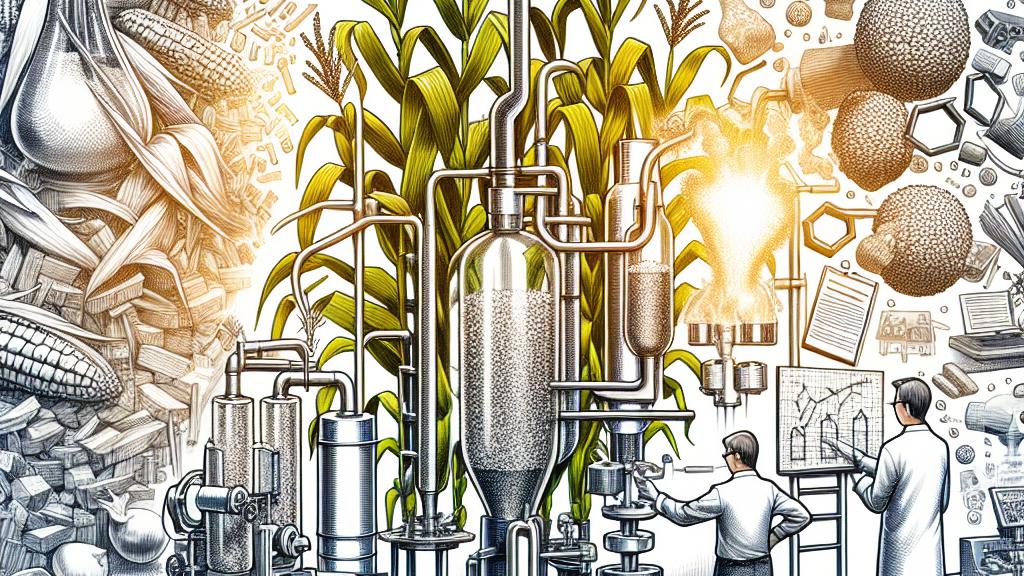Scientists Make Breakthrough in Hydrogen Production from Biomass
Overview
- Groundbreaking advancements are taking place in hydrogen production through biomass gasification.
- Innovative catalysts are achieving record-breaking H₂-rich syngas yields.
- This research is paving exciting pathways toward a sustainable energy future.

Revolutionizing the Process of Biomass Gasification
In an inspiring effort at the Chinese Academy of Sciences, researchers have achieved a remarkable breakthrough in producing hydrogen from biomass gasification. Picture this: everyday organic materials, such as corn stalks, wheat straw, or even kitchen scraps, are being transformed into valuable energy! Focused on steam gasification, a method known for its efficiency, the team has bravely tackled the notorious problem of tar formation—something that can clog equipment and mess up the process. With clever innovations and advanced catalysts, they’ve successfully overcome this hurdle, resulting in an impressive increase in hydrogen yields that could deeply impact our energy landscape.
Catalyst Innovations Steering Hydrogen Production
By engineering state-of-the-art Ni/CaO-Ca12Al14O33 catalysts, this research team has taken hydrogen production to new heights. These catalysts have proven the capacity to generate an impressive 30.08 mmol of hydrogen per gram of biomass, with a jaw-dropping 60.61% hydrogen concentration in the syngas produced. To contextualize this achievement, think about it: one could potentially fuel vehicles using just agricultural waste! Additionally, these breakthrough catalysts exhibit top-notch resistance to carbon build-up—a common snag in many gasification processes. Their sophisticated design allows them to operate longer, reducing the need for replacements and boosting overall efficiency. This isn’t merely about improved performance; it sets the stage for future breakthroughs in energy technologies that promise a cleaner and more sustainable future.
Imagining a Greener Energy Future
The implications of these advancements in biomass gasification extend far beyond mere numbers. Imagine a world where hydrogen, sourced from waste materials, powers our homes, vehicles, and industries—how revolutionary would that be? Not only does this technology address burning energy needs, but it also champions environmental sustainability by minimizing waste and providing a renewable alternative to fossil fuels. As scientists continue to refine and enhance these processes, we can anticipate a future where clean and efficient energy is not just a dream but a reality accessible to all. In an era when the demand for sustainable solutions is paramount, these breakthroughs shine as beacons of hope for a cleaner, greener planet.

Loading...